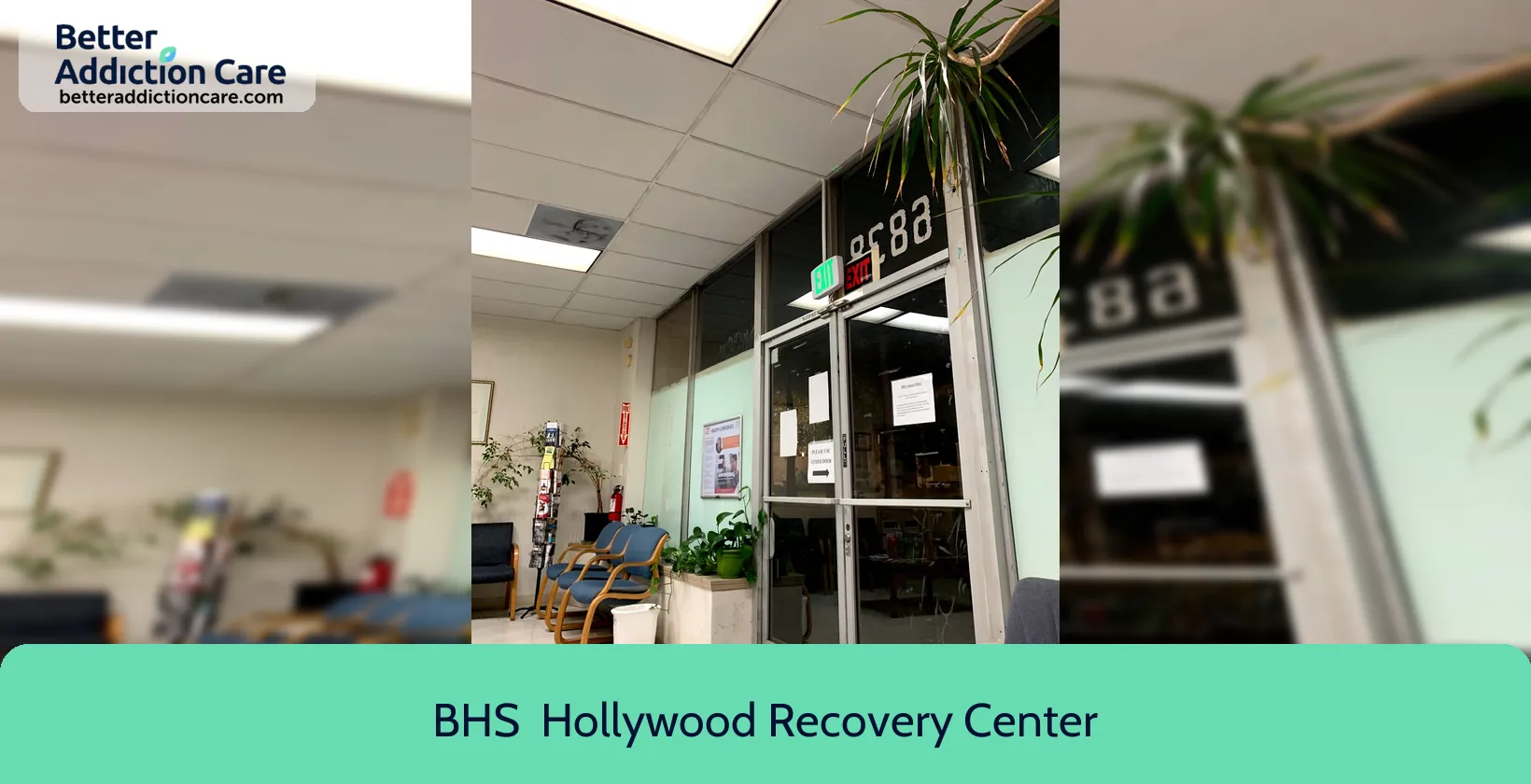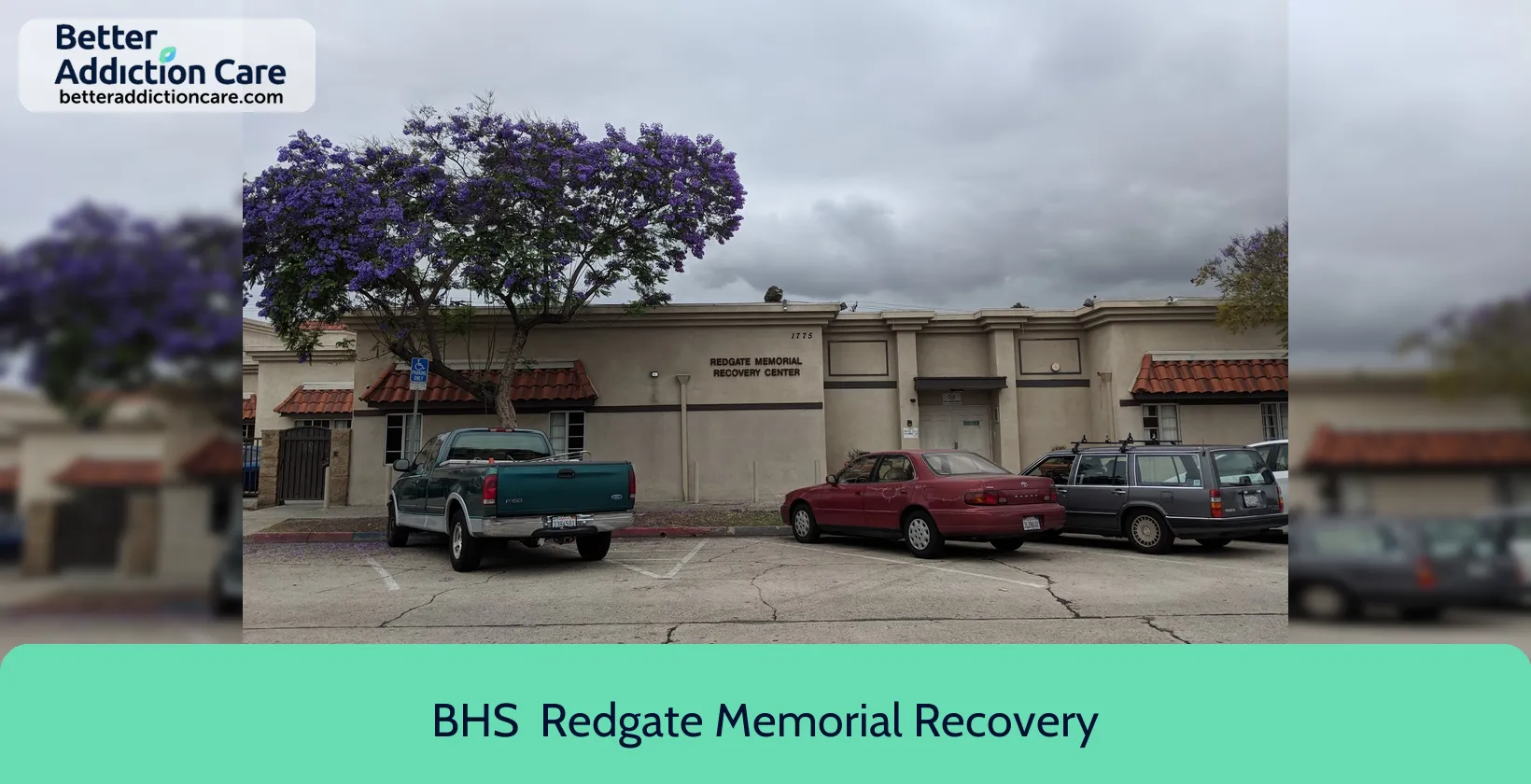BHS - Wilmington Community Recovery Center

Overview
BHS - Wilmington Community Recovery Center is an accredited substance abuse treatment center that provides outpatient detoxification, for men and women from 18+ years of age. As part of their special programs, BHS - Wilmington Community Recovery Center treats clients who have experienced trauma. To help patients achieve sobriety, BHS - Wilmington Community Recovery Center provides intake assessments. Afterward, patients receive 12-step facilitation, group counseling, and family counseling during treatment. BHS - Wilmington Community Recovery Center is located in Los Angeles, California, providing treatment for people in Los Angeles County, accepting private health insurance, sliding fee scale (fee is based on income and other factors), and medicare.
BHS - Wilmington Community Recovery Center at a Glance
Payment Options
- Private health insurance
- Sliding fee scale (fee is based on income and other factors)
- Medicare
- State-financed health insurance plan other than Medicaid
- No payment accepted
Assessments
- Comprehensive mental health assessment
- Comprehensive substance use assessment
Age Groups
- Adults
- Children/adolescents
- Young adults
Operation
- Treatment duration
- Private for-profit organization
Highlights About BHS - Wilmington Community Recovery Center
6.68/10
With an overall rating of 6.68/10, this facility has following balanced range of services. Alcohol Rehabilitation: 8.00/10, Drug Rehab and Detox: 6.00/10, Insurance and Payments: 6.00/10, Treatment Options: 6.73/10.-
Alcohol Rehabilitation 8.00
-
Treatment Options 6.73
-
Drug Rehab and Detox 6.00
-
Insurance and Payments 6.00
Accreditations
Commission on Accreditation of Rehabilitation Facilities (CARF):

CARF accreditation is a prestigious recognition granted to rehabilitation and human service organizations. It signifies that an organization meets high-quality standards, having undergone a rigorous evaluation process. CARF accreditation boosts an organization's credibility and ensures top-notch care for individuals with disabilities, injuries, or healthcare needs.
Treatment At BHS - Wilmington Community Recovery Center
Treatment Conditions
- Mental health treatment
- Alcoholism
- Opioid Addiction
- Substance use treatment
- Co-occurring Disorders
Care Levels
- Intensive outpatient treatment
- Detoxification
- Aftercare
- Outpatient
Treatment Modalities
- 12-step facilitation
- Group counseling
- Family counseling
- Individual psychotherapy
- Trauma-related counseling
Ancillary Services
Languages
- Spanish
Special Programs
- Clients who have experienced trauma

Additional Locations
Contact Information
Read our Most Recent Article About Drug Addiction
DISCLAIMER: The facility name, logo and brand are the property and registered trademarks of BHS - Wilmington Community Recovery Center, and are being used for identification and informational purposes only. Use of these names, logos and brands shall not imply endorsement. BetterAddictionCare.com is not affiliated with or sponsored by BHS - Wilmington Community Recovery Center.










